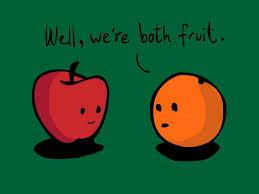
Transdisciplinary situations are everywhere. In informal settings people from a myriad of backgrounds co-create meanings in friendships, family affairs, business matters, and so on. In formal settings transdisciplinarity is more explicit. In doctor-patient, teacher-student, governor-governed relations, demarcation lines of diverse fields and levels of knowledge become clearer. Whereas in informal settings validation of knowledge is based on emotional grounds and a common interest, informal settings this validation usually follows the aforementioned lines. With a specific expertise at the centre stage, more explicit power balances and appreciation of one knowledge system over another enter the setting as well. It is as if in these kinds of situations people define themselves solely in terms of demarcation lines; one can speak of co-creation, but it is a co-construction of roles rather than one of meaning. Different discourses meet at the table, and the representatives of these discourses identify each other precisely as such: a representative of the ‘other party’.
Basten (2005). Transdisciplinary validation of knowledge. In Sharing knowledge? Proceedings of the conference on 1 and 2 November 2004, Amsterdam, Da Vinci Instituut, Vrije Universiteit Amsterdam, in cooperation with the University of Antwerp and the Rathenau Institute (82-87).



